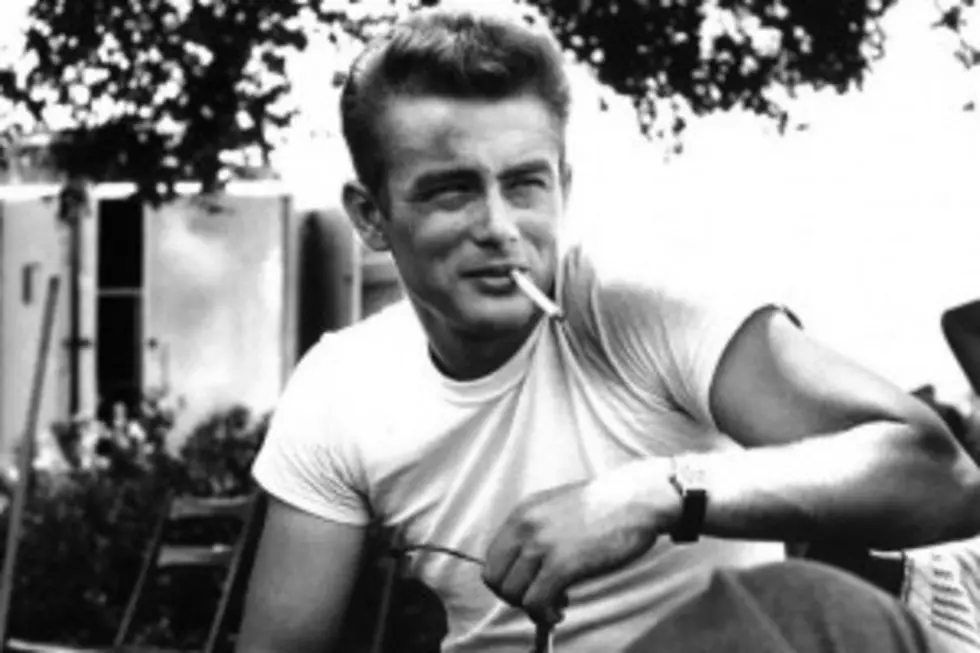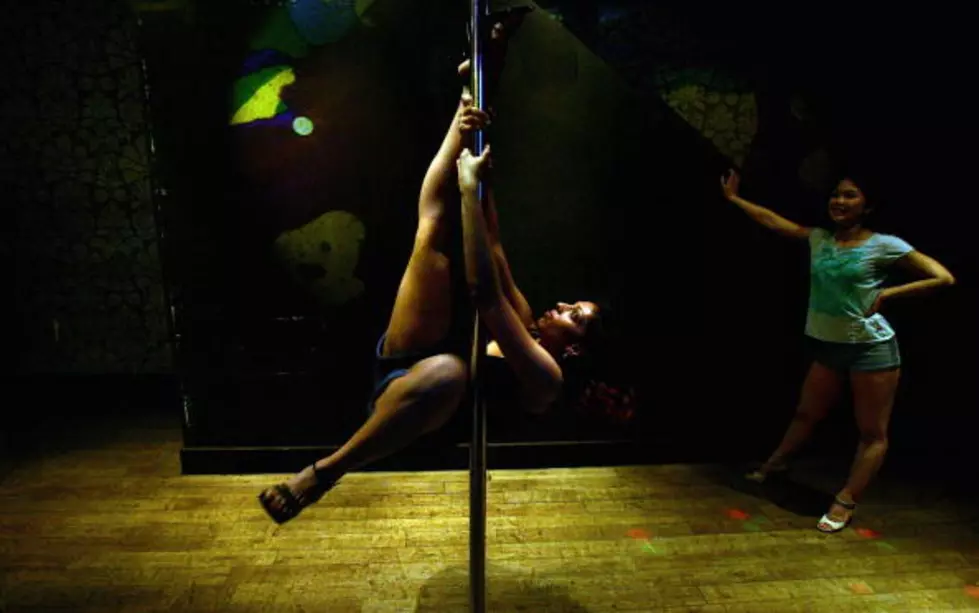
What Does Being Cool Really Mean?
If James Dean was in his prime today, would we still consider him cool? According to a new survey, maybe not — seems the very definition of what’s cool and what’s not could be changing.
In a three-year study, researchers from the University of Rochester Medical Center surveyed about 1,000 young Canadian adults on their perception of cool and found qualities like “friendly,” “warm,” “smart” and “trendy” have replaced the leather-jacketed, cigarette-smoking aloof rebel of Dean’s heyday.
“Even if you hear how the word ‘cool’ is being used to describe things today, it’s not being used to reflect counterculture rebellion, it’s being used to described as a way of saying, ‘I like you,’” said lead study author Ilan Dar-Nimrod.
Of course, this may not be true worldwide — and since this particular study only involved “mostly educated, young, Canadian, ethnically white and Asian, [and] predominantly female” participants, what’s cool elsewhere could vary dramatically.
Still, Dar-Nimrod said even nerdiness may now be considered cool, since geeks these days fall “under that counterculture umbrella of edginess.”
“[Being] cool by definition requires a reference point — what is boring, normal, or even uncool,” said Kevin Lewis, a doctoral student in Harvard’s Department of Sociology. “The day culture stops changing is the day our notions of coolness will also be frozen in time.”
[ABC News]
More From 107.7 WGNA
![This 80’s Hairstyle Is Coming Back…WHY?! [PIC]](http://townsquare.media/site/81/files/2018/04/RS7682_452554083.jpg?w=980&q=75)
![Treadmill Dancing! … And You Thought You Were A Beast At The Gym. [VIDEO]](http://townsquare.media/site/81/files/2013/05/YouTube-Image-Treadmill.jpg?w=980&q=75)






